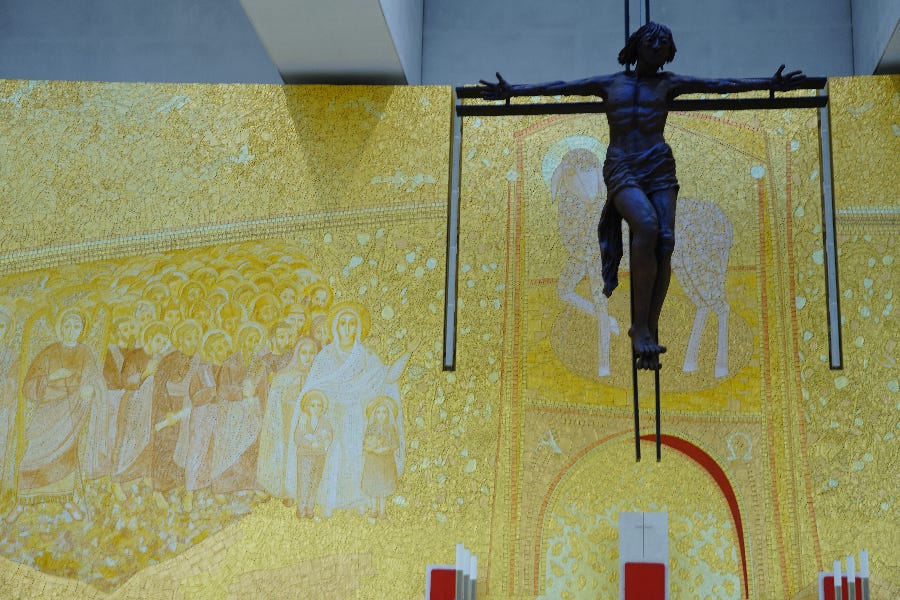Vatican orders closure of community co-founded by Rupnik
The Loyola Community must be dissolved by October 2024.
The Vatican has ordered a religious community co-founded by the mosaic artist and former Jesuit Fr. Marko Rupnik to dissolve by October next year after it found “serious problems” related to its governance.

